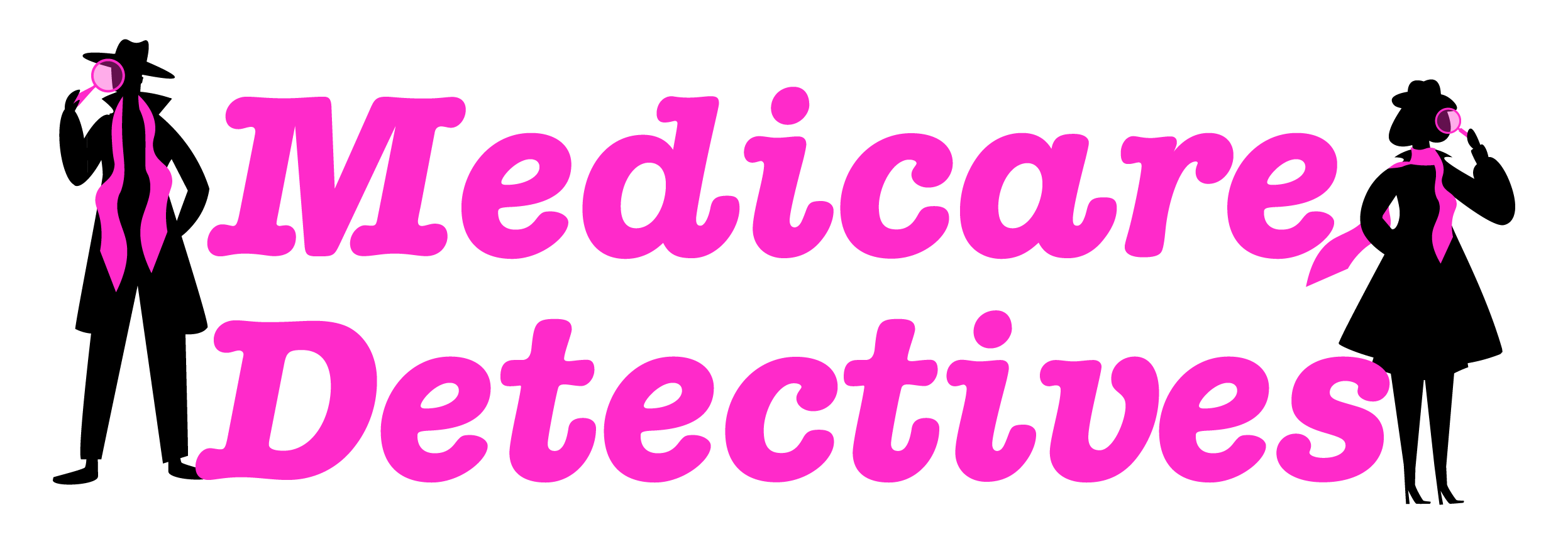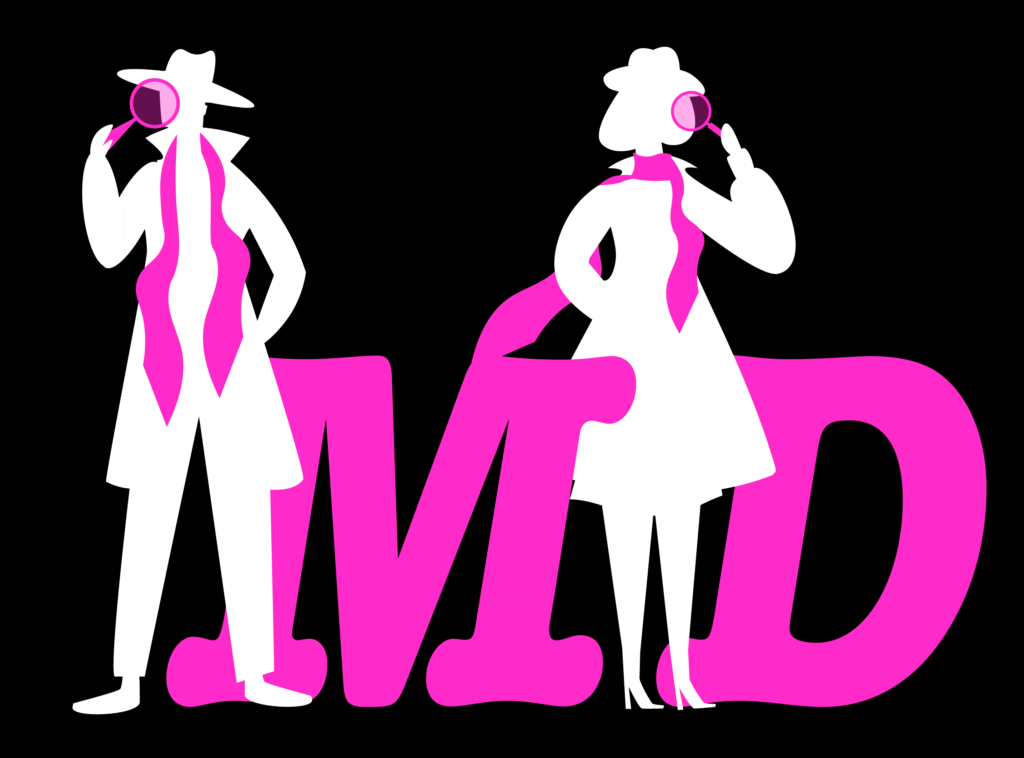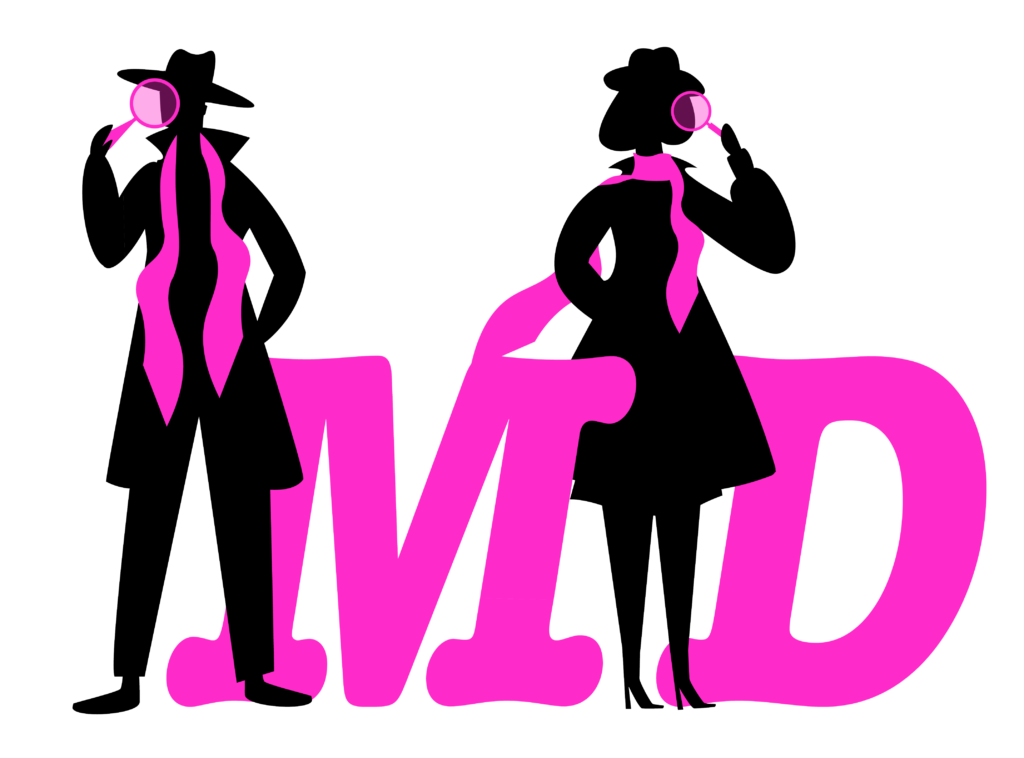Original Medicare covers inpatient and outpatient services, and medically necessary and preventative care. You may also hear it called the basic Medicare plan or “traditional” Medicare.
Medicare Part A Coverage
Medicare Part A is your hospital insurance, and it covers inpatient care in a hospital or skilled nursing facility. This insurance also covers inpatient hospice care, nursing home care, and home health care.
If you visit the hospital and are admitted as an inpatient, you will be covered under Medicare Part A. This is important, because sometimes you may be under “observation” status at times rather than inpatient. If you are unsure about your status and how you will be covered, ask your attending physician or care provider.
Medicare Part B Coverage
Medicare Part B is medical insurance, covering medically necessary and preventative care services. This includes coverage for clinical research, ambulance services, durable medical equipment, mental health care, and limited outpatient prescription drugs. Preventative care services include screenings, tests, and vaccines, such as mammograms, pap smears, and flu shots.
Related Post: What Are Medically Necessary Services Under Part B?
Generally, you can think of this as outpatient care coverage. When you go to the doctor’s office or emergency room, Medicare Part B will cover you for any covered services.
If you are unsure whether Medicare will cover you for a specific item, test, or service, you can easily check on Medicare’s website, on their app, or in their “Medicare & You” handbook, which is updated yearly.
What Medicare Does Not Cover
Medicare does not cover routine care for dental, hearing, podiatric, or vision care. You’ll only be covered for medically necessary services that are related to surgery or chronic condition. For example, people with diabetes are covered for foot care related to nerve pain. If you have cataract surgery, Medicare will cover the service along with one set of corrective lenses if you need them. Oral care is not generally covered unless your healthcare provider finds it necessary to perform a different procedure, which could be related to an injury, trauma, or birth defect.
Medicare also does not cover you for the following:
- Chiropractic care
- Acupuncture
- Cosmetic procedures
- Prescription drugs
You can purchase a separate Medicare Part D plan for prescription drug coverage.
Finding Supplemental Coverage
Medicare Advantage plans have the same coverage as Original Medicare. However, they can offer additional benefits such as dental, vision, or hearing coverage. You can also find Medicare Advantage Prescription Drug (MAPD) plans with all the coverage of Original Medicare plus prescription drug coverage. To sign up for a Medicare Advantage plan, you must be enrolled in Medicare Part A and Part B and live within the plan’s service area.
Related Post: Medicare Supplements vs. Medicare Advantage Plans
You need prescription drug coverage if you take medications regularly. Sign up for a Medicare Part D plan to lower your costs at the pharmacy. These plans clearly lay out which prescription drugs they cover and what prices you can expect to pay for each.
Need help finding a Medicare plan or want to learn more about your coverage under Original Medicare? Medicare Detectives is here to help. Contact us today for a personalized look at your Medicare situation.



